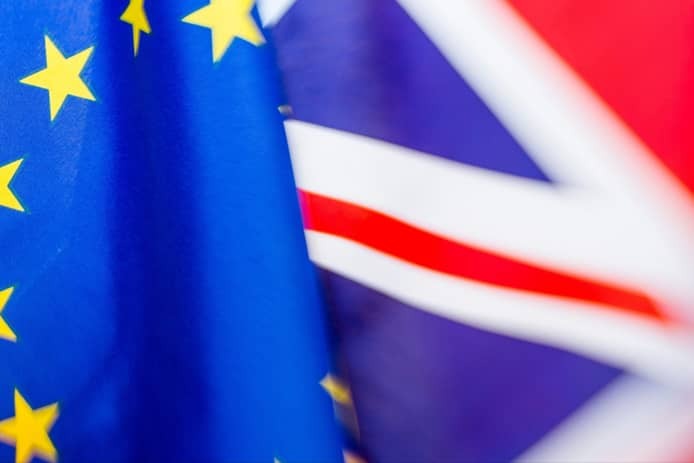Report details Brexit impact on UK fashion and textile industry, makes key recommendations
20 July, 2023

A new report has detailed the impact Brexit has had on the UK’s fashion and textile industry, and outlined five recommendations to support future growth.
The report was jointly published by the Business of Fashion, Textiles and Technology (BFTT) led by the University of the Arts London, and the Future Fashion Factory (FFF) led by the University of Leeds.
Adam Mansell, the head of the UK Fashion and Textile Association (UKFT), who acted as chair of the project, described the UK’s departure from the EU as “the biggest change in the global trading environment in decades”. He noted that the EU accounts for about 75 percent of the UK’s fashion and textile exports and over 30 percent of its imports, meaning the implications “were always going to be hugely significant”.
He continued: “Despite the rhetoric, the UK EU Trade Continuity Agreement was not the simplest trade deal ever negotiated. The reality is (and was always going to be) a new trading relationship with significant administrative burdens, with a large increase in costs and with more limited movement of people and product.”
'New trading difficulties'
Mansell said confidence in the UK as a supply base has “fallen sharply” with many European companies opting not to do business with the country “due to the new trading difficulties”.
He said he thinks these difficulties will only increase in light of the development of the EU’s “ambitious and comprehensive” textile sustainability strategy.
“The strategy will see a dramatic increase in legislation requiring better monitoring and reporting for all fashion and textiles sold in the EU and will apply to UK suppliers,” he said.
The report highlights some of the key issues faced by the UK’s fashion and textile industry, with a particular focus on SMEs and micro businesses who make up over 80 percent of the sector.
However, it also highlights “the resilience and adaptability” of UK fashion and textile companies when faced with challenges like Brexit and Covid-19.
“Innovation, a highly skilled workforce and a relentless focus on sustainability will be the key drivers for any successful industry and the UK fashion and textile sector has all of those,” Mansell said.
The report put forward five key recommendations to help support the continued growth of the UK Fashion, Textile and Technology industry in the UK. Below are the points in full:
1. Reduce cost and complexity of trade post-Brexit, to increase access to global markets and improve competitiveness, particularly for start-ups and SMEs, e.g. through tax breaks, transparency, and clear guidelines.
2. Grow capacity and competency of the UK FTT sector, to reduce carbon footprint and create employment opportunities, e.g. through business development support, government subsidies, grants and incentives, training, and visa programmes for skilled workers.
3. Build resilience post-Covid-19 through agility, flexibility and diversification to protect financial sustainability of FTT businesses, e.g. through business guidance, mentorship and training.
4. Drive digital innovation in the FTT sector, to increase capacity, efficiency and sustainability e.g. through increased access to digital tools and training, particularly for start-ups and SMEs.
5. Prioritise sustainable and ethical practices to address the climate crisis, improve health and equity for all, e.g. through legislation, government incentives and grants, investment in infrastructure, accreditation and business guidance.
Useful Links:
Source: fashionunited.uk
